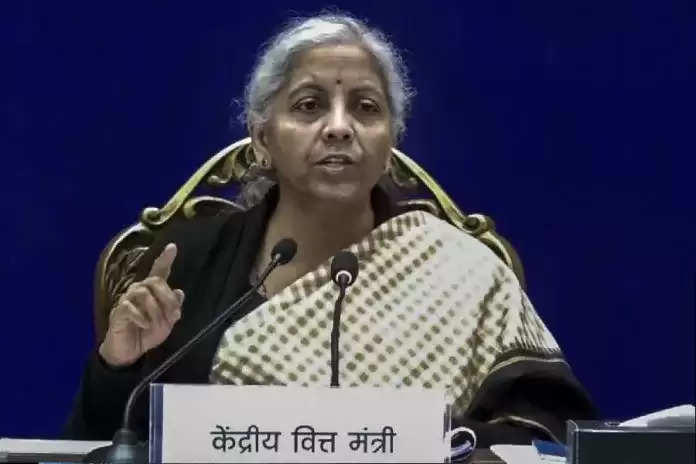“India to Introduce New Income Tax Bill in Upcoming Budget Session, Simplifying Taxation System”
The Government of India is set to revolutionize the nation’s taxation system by introducing a brand-new Income Tax Bill in the upcoming budget session of Parliament. This significant development follows Finance Minister Nirmala Sitharaman’s commitment to a comprehensive review of the Income Tax Act, 1961, which has been in place for over six decades. Instead of amending the existing law, the government aims to replace it entirely with a simplified and modern framework designed to address the needs of today’s taxpayers.
The move to overhaul India’s tax laws stems from the complexities of the current Income Tax Act, which spans 298 sections and 23 chapters. Recognized for its dense language and technical jargon, the existing law poses challenges for taxpayers and professionals alike. By replacing it, the government seeks to provide a simplified legal framework that will ensure greater accessibility and understanding.
The new Income Tax Bill is expected to streamline the law by reducing the number of provisions and chapters. This will involve eliminating obsolete and unnecessary sections that have accumulated over decades, with early estimates suggesting the new law could be about 60% shorter. Such an overhaul not only makes the document concise but also removes redundant aspects that add to the burden of interpretation for taxpayers and authorities.
Tax disputes and litigation have long been a contentious issue in India’s taxation landscape. The ambiguity and complexity of the existing provisions often lead to differing interpretations, resulting in legal challenges and prolonged cases. The proposed law aims to address this by eliminating grey areas and introducing clarity in its provisions, paving the way for fewer disputes. A more transparent framework will encourage voluntary compliance and reduce friction between taxpayers and authorities.
Efforts to improve compliance are central to this reform. Simplified language and straightforward guidelines will make it easier for both individuals and businesses to adhere to the tax requirements. By removing ambiguities, the government hopes to create a tax system that is more efficient and transparent. This approach could significantly improve India’s ease of doing business and enhance confidence in its taxation framework.
The Central Board of Direct Taxes (CBDT) is playing a crucial role in this transformation. A dedicated internal committee has been tasked with reviewing the current Act and identifying areas for reform. Furthermore, 22 special sub-committees have been formed to focus on specific aspects of the tax law. This multi-faceted approach ensures a thorough review, with attention given to aligning the law with modern tax practices and the nation’s evolving economic landscape.
Public input has been a cornerstone of this reform initiative. The Income Tax Department solicited and received over 6,500 suggestions from stakeholders across the country. These submissions were grouped into key areas, including simplification of language, reduction of litigation, enhancing compliance, and the removal of obsolete provisions. This collaborative effort ensures the new law reflects the concerns and needs of taxpayers while promoting a culture of inclusivity in policy-making.
The budget session of Parliament, which begins on January 31, 2025, and concludes on April 4, 2025, will set the stage for the introduction of this transformative legislation. The Union Budget for 2025-26 will be presented on February 1, and the Income Tax Bill is likely to be tabled during the second part of the session, after March 10. The proposed changes are expected to usher in a new era of simplified and transparent taxation.
The introduction of this new law is poised to significantly reshape India’s tax framework. By reducing complexities, addressing ambiguities, and improving compliance, the government is taking a bold step toward making taxation more accessible and taxpayer-friendly. This landmark reform could not only simplify the lives of millions of taxpayers but also strengthen India’s economic foundation for the future.

